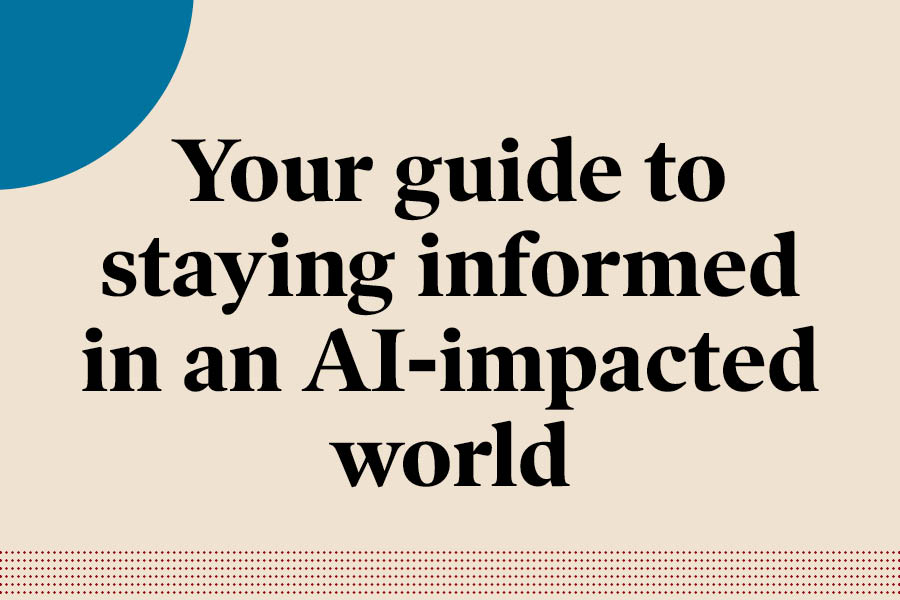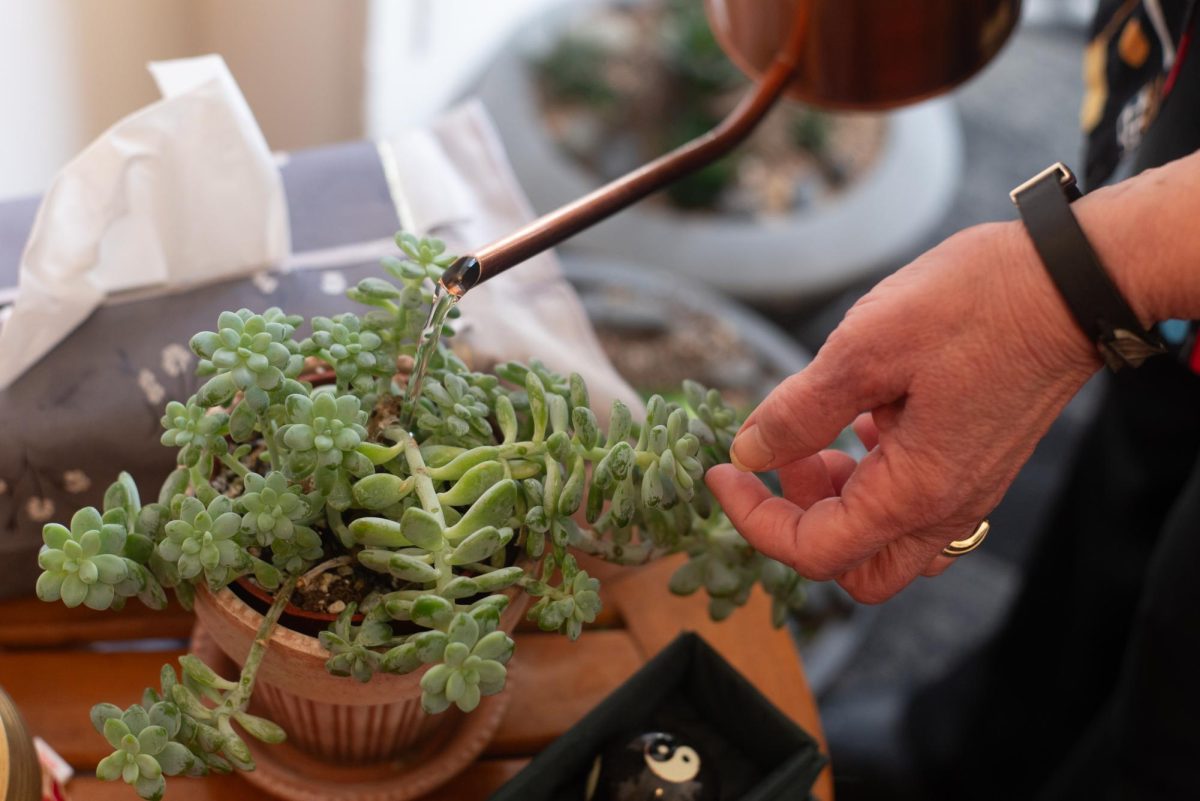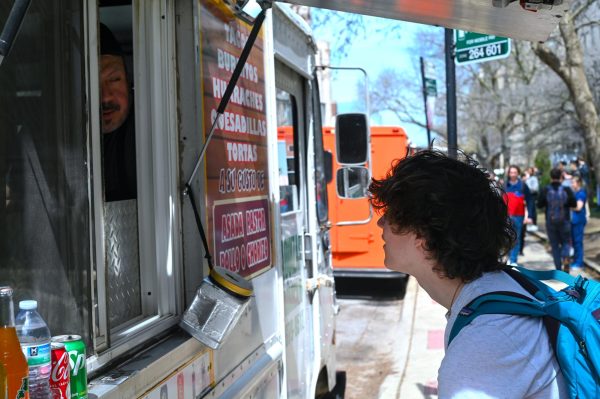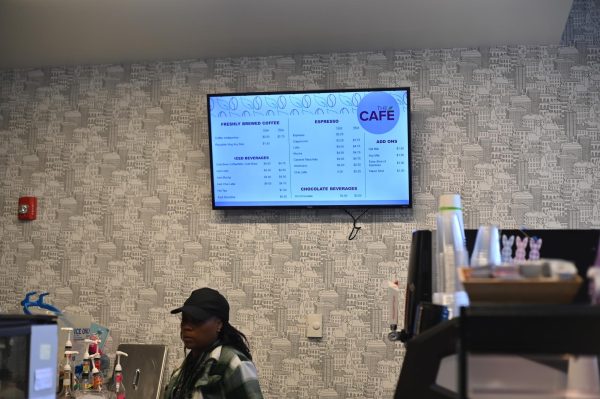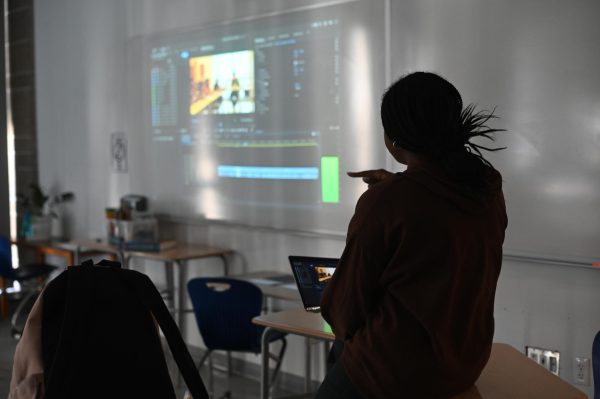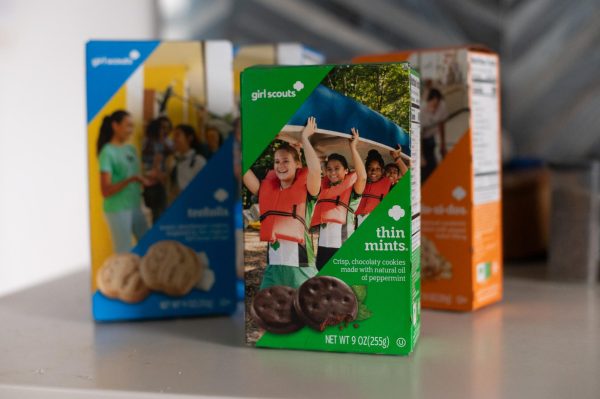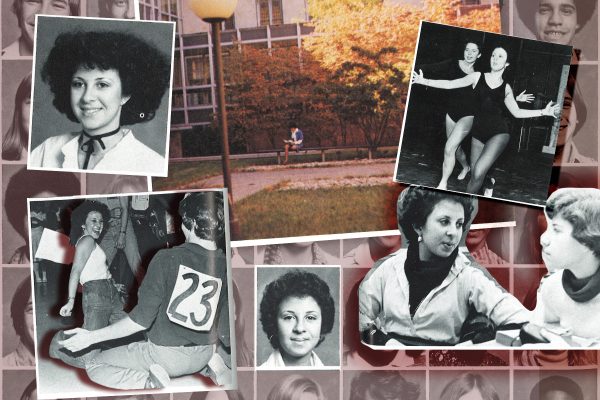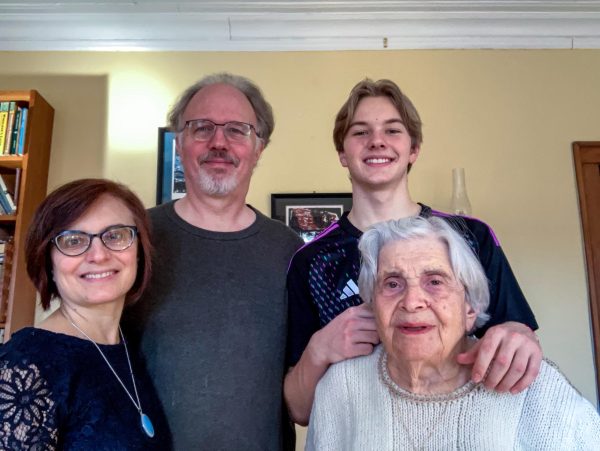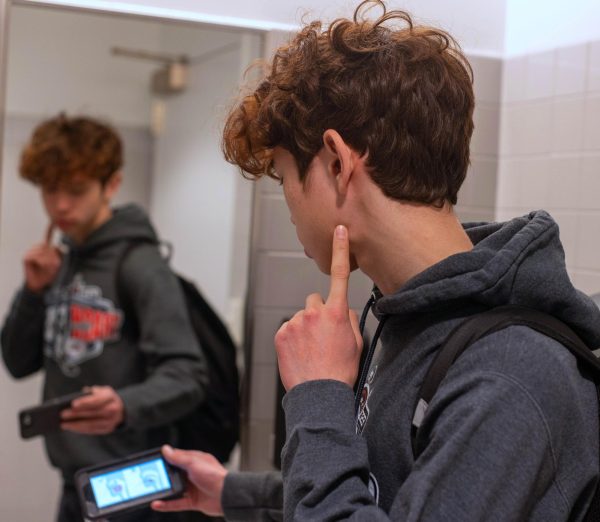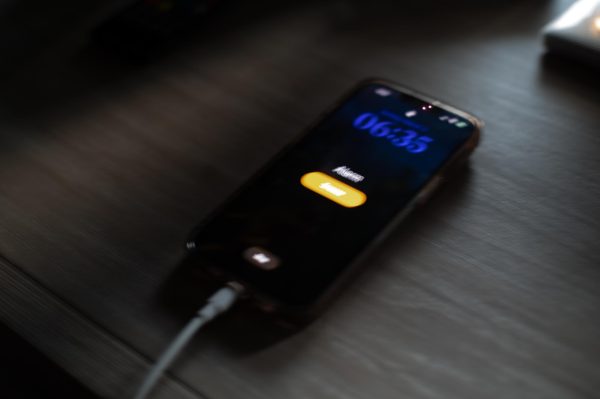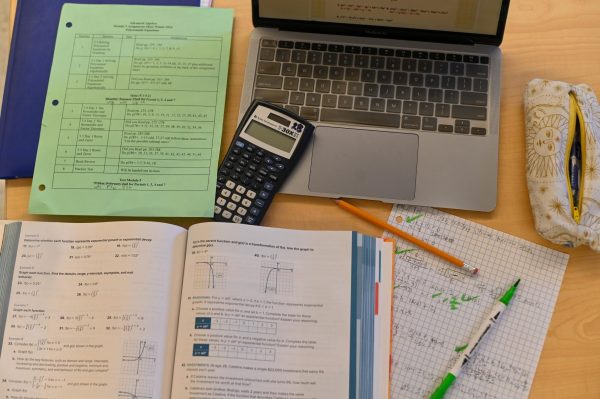Throughout pandemic, students explore LGBTQ+ identity
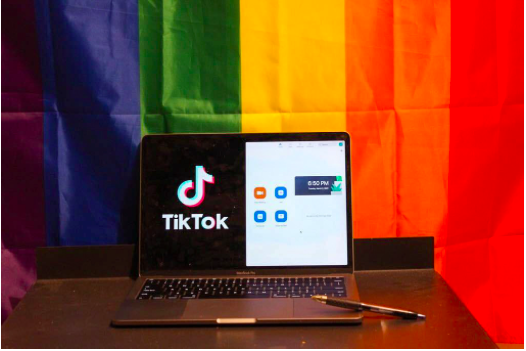
Students use TikTok as a tool for connection, education and exploration.
March 4, 2021
Updated April 24, 2021: This story has been modified. The original published version included the name of a student who had not agreed to having their name included. The student’s name has been removed.
When thinking of the pandemic, multiple things come to mind: The crippling loneliness, blue light scorching students’ eyes, and playing the same board game with your family every night. Yet, the pandemic has also forced many people to experience isolation and self-reflection for the first time in a long while — in a good way.
It’s hard to think of any aspect of the pandemic as a positive thing, but for some students this time has been pivotal for exploring their identities, and for students who identify as LGBTQ+, it has provided time for reflection and education.
A Gallup study published last month shows that 5.6% of all adults and 15.9% of all Gen Z adults born since 1997 self identify as LGBTQ+. According to high school responses from Lab’s 2020 Student Health & Wellness Survey, almost 40% of students said they were not exclusively romantically or sexually attracted to the binary opposite gender.
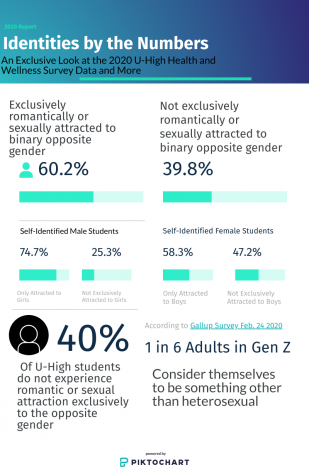
Junior Ben Sachs, who identifies as gay, said he knows a lot more people who feel comfortable identifying in different ways since the pandemic started.
“There’s been a lot more self-reflection… so you have a lot more time thinking about how you identify,” Ben said.
Ben is one of many people in U-High’s LGBTQ+ community who have been utilizing the pandemic as an opportunity to grow.
“But for me personally, I’ve been able to feel more comfortable with how I identify,” Ben said, “and in terms of seeing my own friends go through questioning… it’s been really interesting so see what they thought before and how they might be feeling something differently.”
As negative as the pandemic may be, according to Ben it’s been truly beneficial for people to figure out their sexual identities and how they would like to present themselves to the world when pandemic restrictions are lifted and school reopens.
Ninth graders are utilizing distance learning to deepen their understanding of themselves which is useful before going to school in person, according to one ninth grader who identifies as pansexual. Having this time to develop your character and figure out who you are can make you feel more confident for when you go back to normal society, especially for ninth graders who have a fresh impression going into high school.
“You start to ponder, ‘What if I see myself in this different light,’” the ninth grader said, “and being able to talk about it with others can also give you a new perspective.”
Many ninth graders are now going through similar situations, and it’s helpful to discuss. Social media and the internet are inspirational and raise the question: If they can do it why can’t I?
Social media, especially things like TikTok, bring people together through shared identities and shared experiences, which is incredibly valuable especially with the pandemic, where all relationships are digital relationships anyway.
— Lia Garvey
Being on social media quite frequently, senior Lia Garvey, who goes by she/they pronouns and identifies as gay, understands and feels the positive effects that social media has on the community.
“I think social media, especially things like TikTok, bring people together through shared identities and shared experiences, which is incredibly valuable especially with the pandemic, where all relationships are digital relationships anyway,” Lia said.
Social media has brought people together in essential ways during the pandemic. Lia has taken advantage of TikTok and other social media platforms to better understand herself and those around her.
“It’s a chain reaction almost,” Lia said. “Anyone can post whatever they want, and that gives other people the opportunity to see other people exploring their identities.”
Social media can also be a tool to educate people about different identities. For some students, like Manou Chakravorty, educating themselves and asking questions can be just as helpful as scrolling through social media.
“There has been a lot of introspection and lots of Google searches because now that you have all this time on the internet, you can do a lot of thinking,” said Manou, who also serves as public liaison and social media manager for Spectrum, the LGBTQ+ affinity group. She also explained how she was very comfortable in who she was even before the pandemic and that the only major development was getting a pride flag for her room.
Everyone has been doing a lot of self-reflection in the pandemic isolation, but students in the LGBTQ+ community have experienced it in a way that can better themselves for the long run. So even though the pandemic may have made everyone feel separated, some may come out of it happier and more enlightened than ever.







